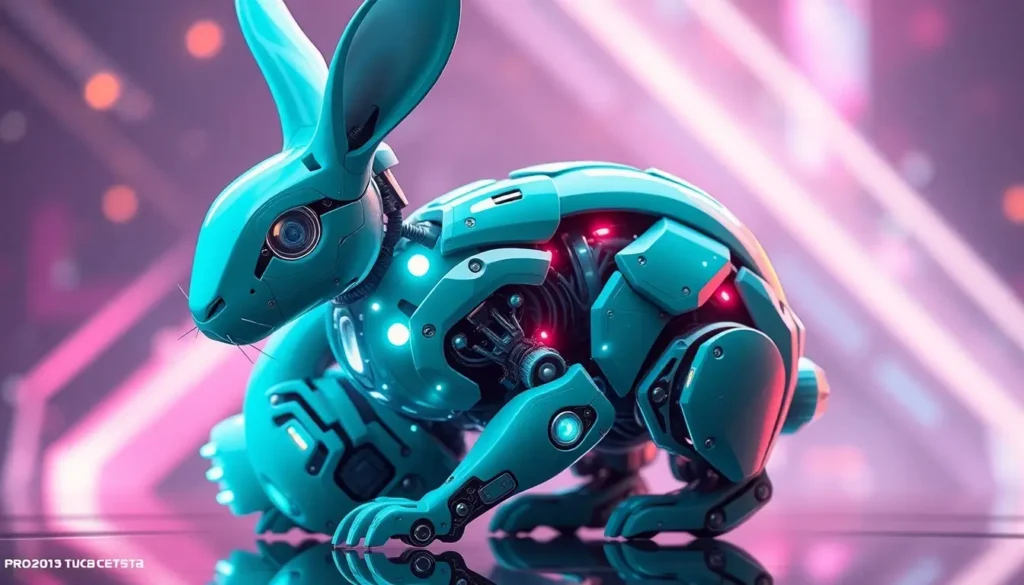From Vacuum Robots to Voice Assistants!
Today, artificial intelligence (AI) has become an inseparable part of our lives. From smartphones to self-driving cars and even household appliances, AI is everywhere, making tasks easier and more efficient for us. But have you ever noticed how this technology has permeated different aspects of our daily lives? In this article, we’ll explore how AI impacts our everyday life and the roles it plays.
Abstract
AI influences many areas, including smart homes, automobiles, healthcare, entertainment, and education. In this article, we examine various AI applications—from vacuum robots to voice assistants and customer behavior prediction systems. This technology not only handles repetitive and tedious tasks but also helps us make better daily decisions.
AI in Smart Homes
One of the most common applications of AI is in smart homes. Devices like robotic vacuum cleaners, such as Roomba, use advanced algorithms to scan the home environment and clean automatically.
Voice assistants like Alexa and Google Assistant also help users control household devices, set reminders, and access needed information.
Smart lighting and heating systems can use AI to optimize energy consumption and reduce costs. Some HVAC systems even adjust temperature settings based on user habits.
AI in Automobiles
With technological advances, AI has also made its way into the automotive industry. Self-driving systems, like those in Tesla vehicles, can identify routes and move without driver intervention.
Adaptive cruise control systems adjust car speed based on traffic conditions to enhance safety. Some cars even use AI to detect driver fatigue and suggest breaks.
Certain smart cars can learn driving patterns by analyzing environmental data, optimizing vehicle settings, reducing fuel consumption, and improving performance.
AI in Healthcare
In healthcare, AI has brought major transformations. Disease diagnosis systems analyze medical images and patient data to help detect illnesses early.
For example, AI excels in cancer detection and MRI analysis. Medical chatbots assist patients by providing advice on symptoms.
AI is also used in surgical procedures. Surgical robots like Da Vinci can perform complex operations with greater precision than humans, reducing errors and accelerating patient recovery.
AI in Education and Learning
Learning has become more engaging and personalized with AI. Platforms like Coursera and Duolingo tailor learning experiences to individual needs.
AI-powered virtual tutors can identify students’ weaknesses and suggest appropriate educational content. In the future, such systems may even replace traditional classrooms.
Some schools and universities use AI to monitor student progress and create intelligent educational content. AI can also provide more accurate feedback on student performance.

AI in Entertainment and Media
From video games to streaming services, AI has transformed our entertainment experiences.
Platforms like Netflix and Spotify use AI to recommend movies and music based on user preferences. In video games, NPCs (non-playable characters) powered by AI exhibit more natural movements and reactions, making gameplay more realistic.
Some video platforms use AI to automatically generate subtitles, improve audio and video quality, and even create video content, making production faster and easier.
Businesses also use AI to analyze customer behavior and enhance the shopping experience. Intelligent chatbots respond to customers quickly, providing efficient support.
Advanced algorithms can predict market trends and optimize sales strategies, helping business owners make better decisions and remain competitive.
Online stores like Amazon use AI to suggest products, analyze feedback, and even process orders efficiently.
AI in the Future: What Awaits Us?
As technology advances, AI will penetrate even more areas of our lives. From robot waiters in restaurants to real-time translation machines, a future full of innovation awaits us.
Soon, we will witness AI advancements that perform human tasks even better than before. Will this technology make our lives easier, or will it create new challenges?
Conclusion
AI has widely impacted our lives from vacuum robots at home to voice assistants, self-driving cars, healthcare, education, entertainment, and business. This technology continues to advance and take over more tasks on our behalf.
So, how would you like AI to play a role in your life in the future or if AI could do everything for you, what would you do with it?

